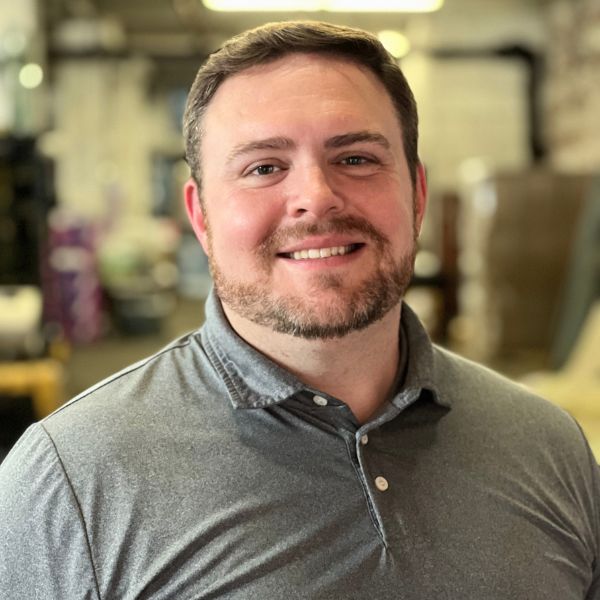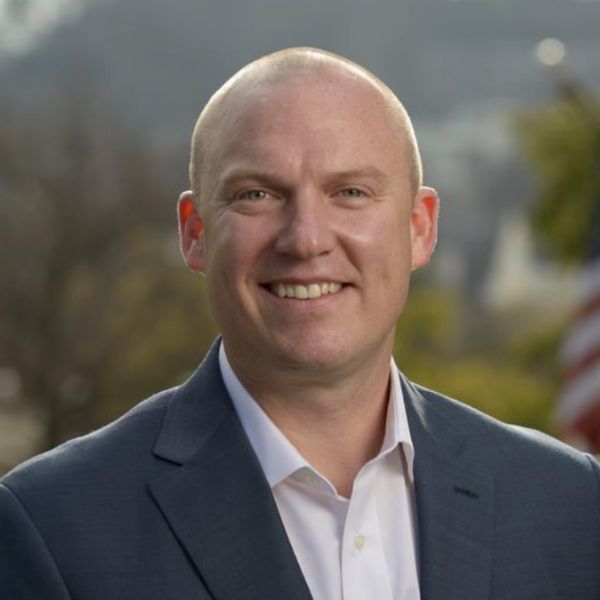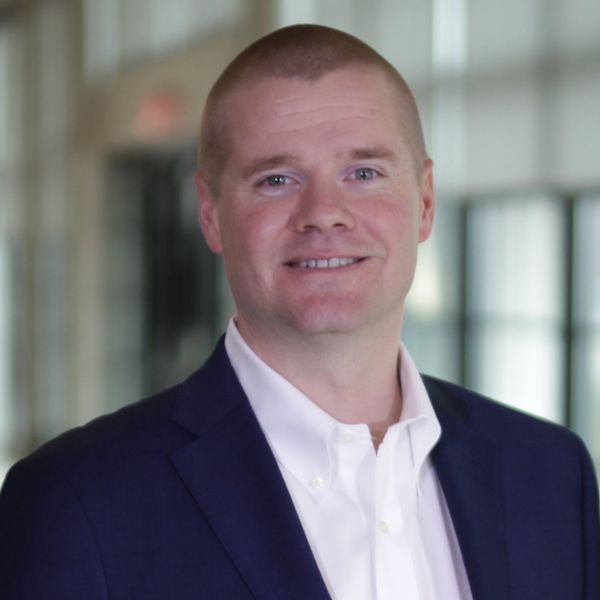Hardware Park's Leadership
Hardware Park's leadership team is a blend of experienced designers, engineers, engineering educators, and industry experts.

An engineering educator turned program builder, Mark guides Hardware Park’s efforts to support MedTech device innovators and train the next generation of designers and engineers.

D.J. manages Hardware Park’s NextGen student programs along with the operations behind the intake of new MedTech ideas, coordinating teams, partners, and resources to move promising concepts from submission into active development.

A mechanical engineer, entrepreneur, and co-founder of Fitz-Thors Industries, Matt brings expertise in product engineering, manufacturing, and startup mentoring to the leadership team.

Arnar is an experienced product engineer and manufacturer who is co-founder of Fitz-Thors Industries and has started multiple physical product companies.

As Alabama’s former Secretary of Commerce, Greg brings more than a decade of statewide economic development leadership to Hardware Park. He helped recruit hundreds of advanced manufacturing projects and billions in new investment to Alabama.

Doug has decades of experience helping companies of all sizes bring new products to market. He has deep understanding of component sourcing, supply chain, logistics, and contract manufacturing.
